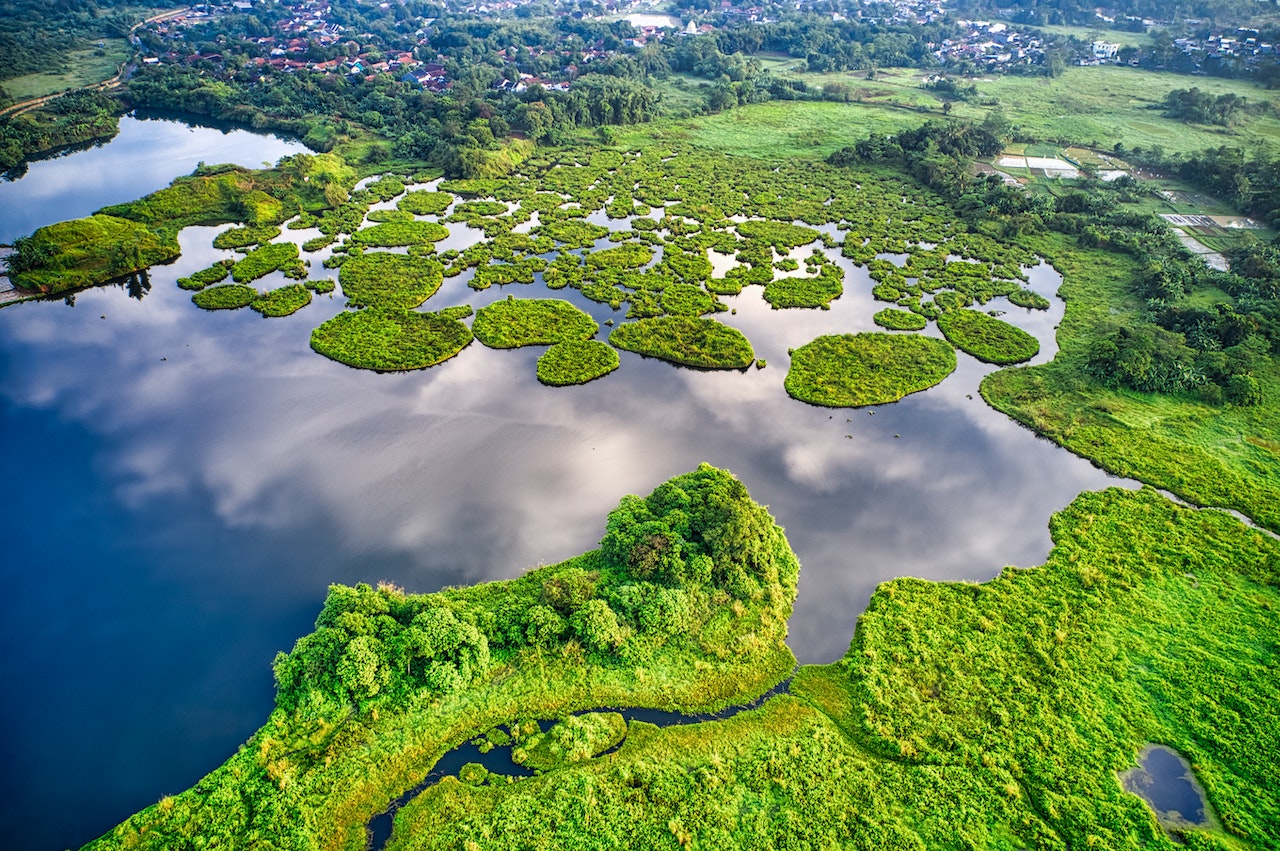The Ecological Dynamics of Coaching
Ecological dynamics is about understanding the intricate web of the various forces and “things” within an environment related to your subject matter and how they are interconnected. Usually this is applied to living environments however it can also be applied to sport, and in doing so it can help to create a system of coach learning that is highly effective and tailored to the individual.
Applying ecological dynamics to coaching sports involves recognizing the interconnectedness of players, coaches, and the sporting environment as a whole. By understanding these interactions, coaches can create a supportive, adaptable, and successful team dynamic that leads to better performance and team cohesion.
In sport this can apply to coaching in the following ways:
Team Dynamics
In sports, a team is like a mini-ecosystem, with each player playing a specific role. Just like different species in an ecosystem, players in a team have distinct skills, strengths, and weaknesses. A good coach recognizes these individual traits and creates a harmonious environment where players can complement each other’s abilities, just as various species do in an ecosystem.
Player-Coach Interaction
The coach-player relationship is crucial for the team’s success. Coaches must understand their players’ needs, motivations, and communication styles, just as ecologists study the interactions between different species. Effective coaching involves adapting coaching methods to suit individual players and building a positive and supportive environment.
Adapting to Change
Ecological dynamics highlight the importance of adaptation to changes in the environment. Similarly, sports teams and coaches must adapt to different opponents, strategies, and circumstances. Flexibility in coaching approaches, game plans, and player positions can lead to success, much like how species adapt to survive in changing ecosystems.
Ripple Effects
In an ecosystem, a change in one species can have cascading effects on other species. In sports, one player’s performance or attitude can impact the entire team’s morale and performance. A good coach must identify and address issues promptly to prevent negative ripple effects from affecting team dynamics.
Balance and Optimization
Just as ecological systems seek a balance for sustainability, sports teams aim for optimal performance. Coaches need to find the right balance in player selection, training methods, and tactics to achieve the best results for the team.
Environmental Factors
In ecology, environmental factors influence the abundance and distribution of species. In sports, environmental factors such as weather, venue, and crowd support can impact the team’s performance. Coaches should consider these factors and prepare their team accordingly.
Long-Term Perspective
Ecological dynamics involves studying ecosystems over time. Similarly, coaching sports requires a long-term perspective. Building and developing a team takes time and patience, and coaches must focus on sustained improvement rather than quick fixes.
Applying an ecological perspective to the process of learning for coaches will open up new opportunities for learning experiences as well as professional development avenues that go well beyond the traditional indirect knowledge that consumes the profession currently.
For more….
Follow me on Instagram, Facebook or Flipboard.


